Renewable energy - the future aspects, First part
Generation of Power is one of most important thing in the world. It is the base of development for a country and the demand of power is increasing day by day. But at the same time the traditional resources are diminishing.
The World Energy Council has already declared that coal is the most abundant of the fossil fuels. Total Coal has reserves to origin ratio of about 128 years, compared with 52 for natural gas and 41 for oil. The change of global climate creates also a challenge to energy use and especially to fossil fuel use.
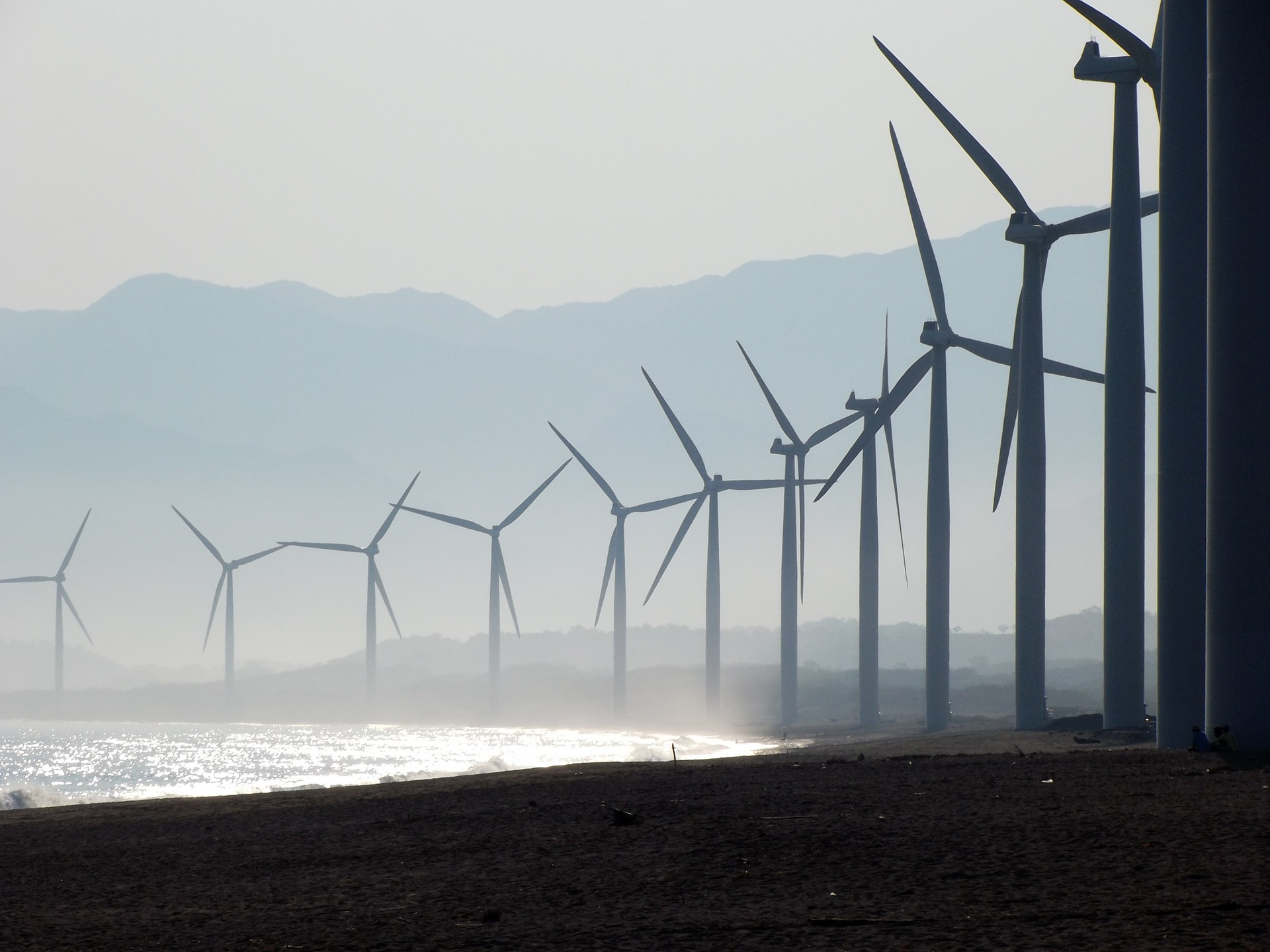
Source: Pixabay
The alarming use of fossil fuels (coal, oil and gas) is dominating energy supply, causes increased in carbon dioxide emissions rapidly which is the founder of Greenhouse effect. Now the whole world become very concern to control the emissions of Greenhouse gas.
So to fulfill the upcoming energy demand the renewable energy sources seem to be the best solution. Moreover to alleviate climate change, renewable energy can provide wider benefits. If we implement it properly then it will contribute to social and economic development, a secure energy supply, and reducing negative impacts on the environment and health.
Renewable energy
The energy that is originated from natural processes that are continuously replenished basically known as Renewable energy. Like sunlight, tides, wind, geothermal heat, and different forms of Biomass. Renewable energy cannot be exhausted and constantly renewed.
Some sources of Renewable energy:
• Biomass
• Hydropower
• Geothermal
• wind
• Solar
History
Let's have a look about the history of Renewable energy with the brief timeline below.
200 B.C- To produce energy in mills "Waterwheels" are now being used by Europeans.
1590's- To generate power for nearly everything the Dutch made their infamous, enermous Windmills.
1850's- Windmills have now become popular to pump water for settlers and railroad workers.
1876- The first time ever demonstration of how electricity can be generated directly from the sun through a selenium solar cell is performed by William Grylls Adams.
1882- The first electric plant was built in New York by Thomas Edison and the first commercial hydroelectric plant begins operating in Appleton,Wisconsin.
1888- Charles F.Brush first used windmill to generate Electricity in Cleveland,Ohio.
1905- The first theoritical paper called "photoelectric effect" was published by Famed scientist Albert Einstein which deal with the energy contained in light cells and how that energy may be harnessed.
1935- The Hoover Dam which was the world's largest hydroelectric plant built on the Colorado river in Arizona.
1951- The first nuclear power reactor was built in Idaho for testing on how to use nuclear power to generate electricity.
1953- First silicon solar cell was developed by Gerald Pearson, Daryl Chapin and Calvin Fuller.
1958- The first US satellite in orbit applies solar energy as it’s power source.
1978- The world’s first solar powered village is Tohno O’odham Reservation in Arizona.
1981- In Dagget, California the world’s first scale solar thermal plant started it’s operation.
1986-The world’s first windfarm was constructed in New Hampshire.
1996- The solar two plant first introduced more cost efficient form of storing solar energy.
2009- The US announces setting of $467 million in Recovery Act Funding for the development of solar energy as well as renewable energy.
2014- The world’s largest engrossed power plant (Lvanph) goes live.
Hydro power
One of the most oldest energy source is Hydro power. It is used for electricity production via water turbines. Water turbine is a good example of skilled technology. Hydro power is the prevalent source of renewable energy worldwide which producing 3 252 TWh and that is equivalent to 16.2% of global electricity production in 2009 (IEA 2011b). Existing hydropower capacity is about 77,000 megawatts (MW). The plant converts the energy in flowing water into electricity. Hydro power projects can have significant environmental and social impacts. The efficiency of the system is increased by regulation of the water system; i.e. dams and water reservoirs. Here water is stored in reservoirs. Then feds the water in turbines for following changes in electricity needs. Water is released through turbines to generate power. In “Run of the river” system diverts water from the river. Then it flows through a pipeline to a turbine. Hydropower plants produce no air emission.
Solar Energy
It is Solar technology which tap directly into the infinite power of the sun. Then uses that energy to produce heat, light, and power. Solar energy is the most enormous permanent energy resource on earth. The total annual solar radiation falling on the earth is more than 7 500 times the world's total annual primary energy consumption of 450EJ. In earth’s sun can make more energy in one second than the amount six billion nuclear power plants would produce in a year. Nowadays, different types of solar technologies are available. Photovoltaic (PV) has been gaining an increasing market share for the last 20 years. Photovoltaic (PV) technology converts sunlight directly into electricity. Solar electricity has been an elite source of power for space vehicles.
Wind Energy
Wind
power
is
one
of
the
most
efficient, scalable
and
affordable
renewable
energy sources. In many
areas where
wind
speed is
high
enough
to generate
significant
energy
for
homes,
businesses
and
agriculture. The technology may look very simple. The wind spins turbine blades around a central hub which is connected to a shaft that powers a generator for the generation of electricity.
Wind turbines can provide electricity to the utility grid range in size from 50 kW to 1 or 2 MW. Small turbines under 50 kW are used to charge batteries, electrify homes and power remote telecommunications equipment. Wind turbines can also be placed in the shallow water near a coastline if there is land and can take advantage of strong, offshore winds.
Bioenergy
The energy that derived from biomass is known as Bioenergy such as plants. In many industries like those involved in construction or the processing of agricultural products can create huge quantities of unused or residual biomass which can be the source of bioenergy.
Biomass is this second-leading resource of renewable energy which have more than 7,000 MW of installed capacity. In many places some utilities and power generating companies with coal power plants have found that replacing some coal with biomass is a low-cost option to reduce undesirable emissions where as much as 15 percent of the coal may be replaced with biomass. Biomass has quite less amount of sulfur than coal. It has also less sulfur dioxide that contributes to acid rain is released into the air. Moreover in the industry by using biomass in boilers reduces nitrous oxide emissions.
Biomass in landfills produces methane gas which can be used to burn in a boiler to produce steam for the generation of electricity or industrial processes. When Biomass is heated in the absence of oxygen it can be chemically converted into pyrolysis oil that can be used for power generation and as a feedstock for fuels and chemical production.
Geothermal Energy
Geothermal comes from Greek words Geo that means earth and thermal which is related to heat. Geothermal energy is a energy in which heat is originating from underneath surface of the earth. The energy was formed inside the earth by the decay of minerals and forests long years ago. Today this energy is used for the generation of electricity by taking the heat generated under the earth’s surface to create steam which is then used to turn turbines to create electricity electromagnetically. It becomes a source of renewable energy. The most important thing that geothermal energy does not emit greenhouse gasses and environmental friendly. The Geysers Complex, CA in USA is the largest geothermal plant in world (1520MW).
Conclusion
The world is moving forward day by day where energy and power are the base of development. So it’s our duty to generate more and more power. But at the same time we should keep in our mind that the way we will use to generate power be never bring any harmful effect on the environment. In this circumstances, renewable energy resources are more effective which have a sustainable environmental benefit. Renewable energy sources can help to reduce the amount greenhouse gas emissions. Another is that it provides individual energy independency. So it is high time to take advantages from renewable energy sources for a better, healthier and secure life.
Reference
- Grecian, James, Richard Inger, Martin Attrill, Stuart Bearhop, Brendan Godley, Matthew Witt, Stephen Votier. (2010). Potential impacts of wave-powered marine renewable energy installations on marine birds.
- Jönsson, Anette, Barry Broman, Lars Rahm. (2002). Variations in the Baltic Sea wave fields. Ocean Engi-neering 30, 107–162.
- Leijon, Mats, Hans Bernhoff, Marcus Berg, Olov Ågren. (2003). Economical considerations of renewable electric energy production – especially development of wave energy. Renewable Energy 28, 1201 – 1209.
- Vainio, Jouni. (2011). Ice winters 1960-61 – 2009-10 in Kobbaklintar. Research data. Finnish Meteorologi-cal Institute.
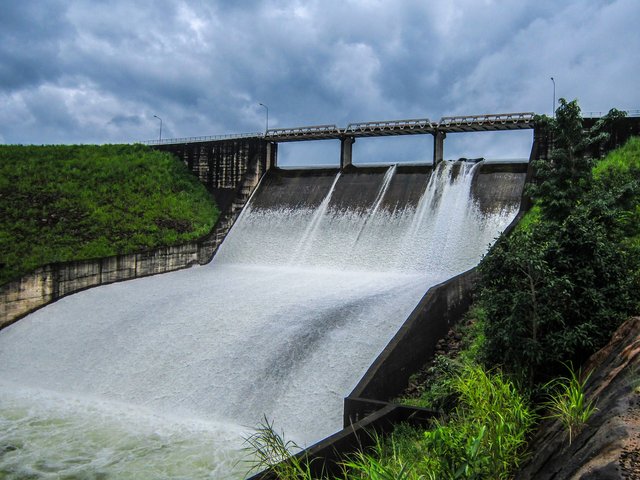
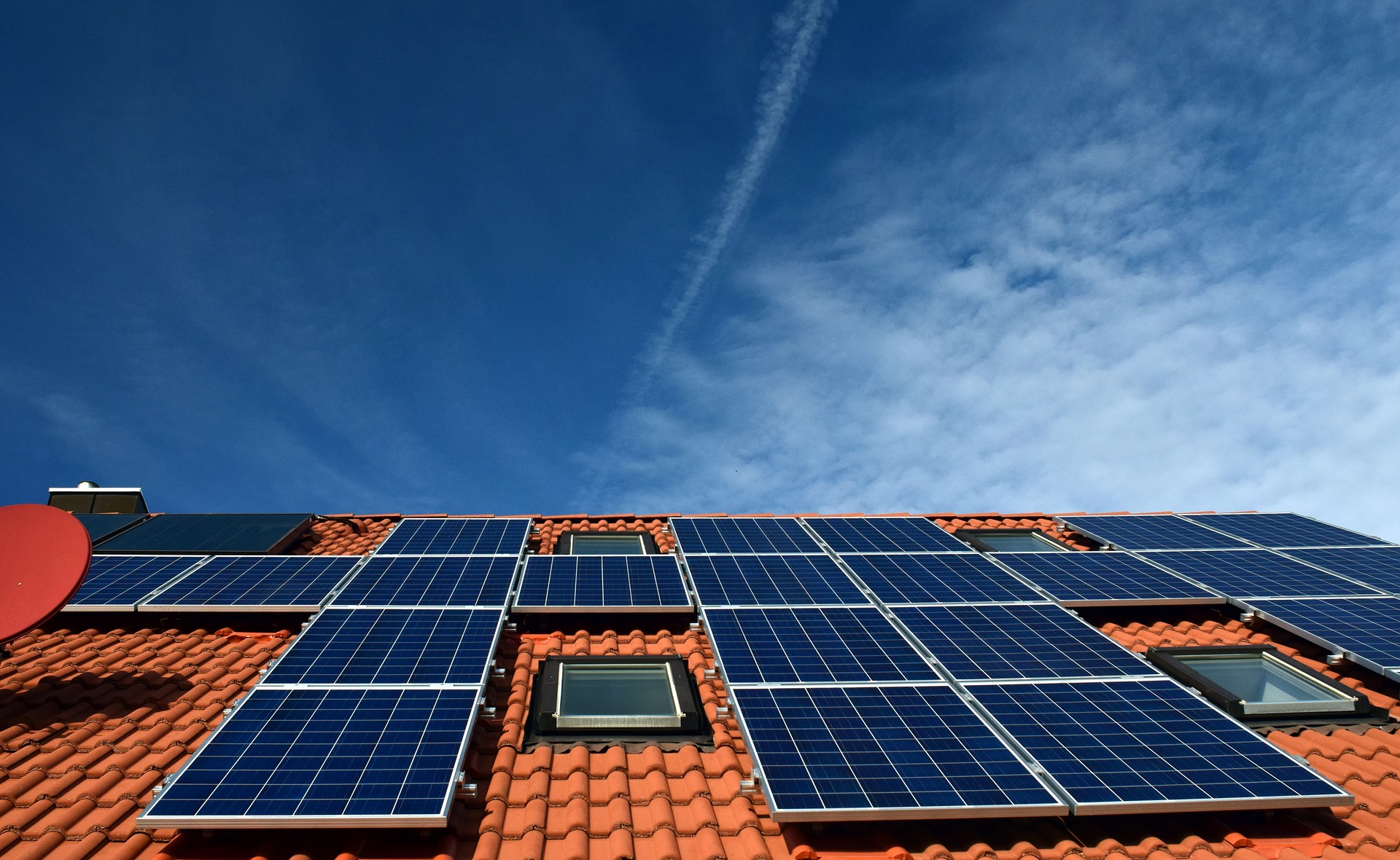
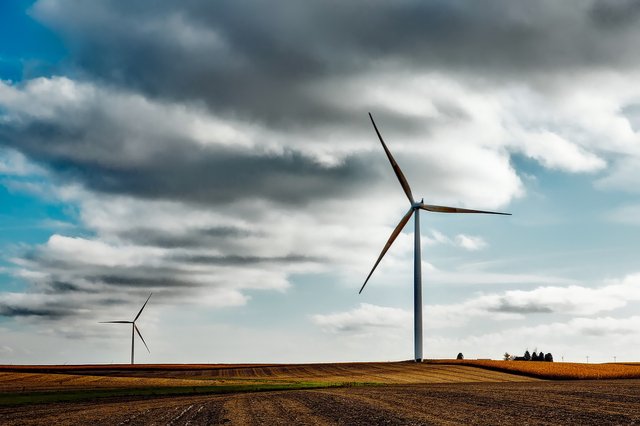
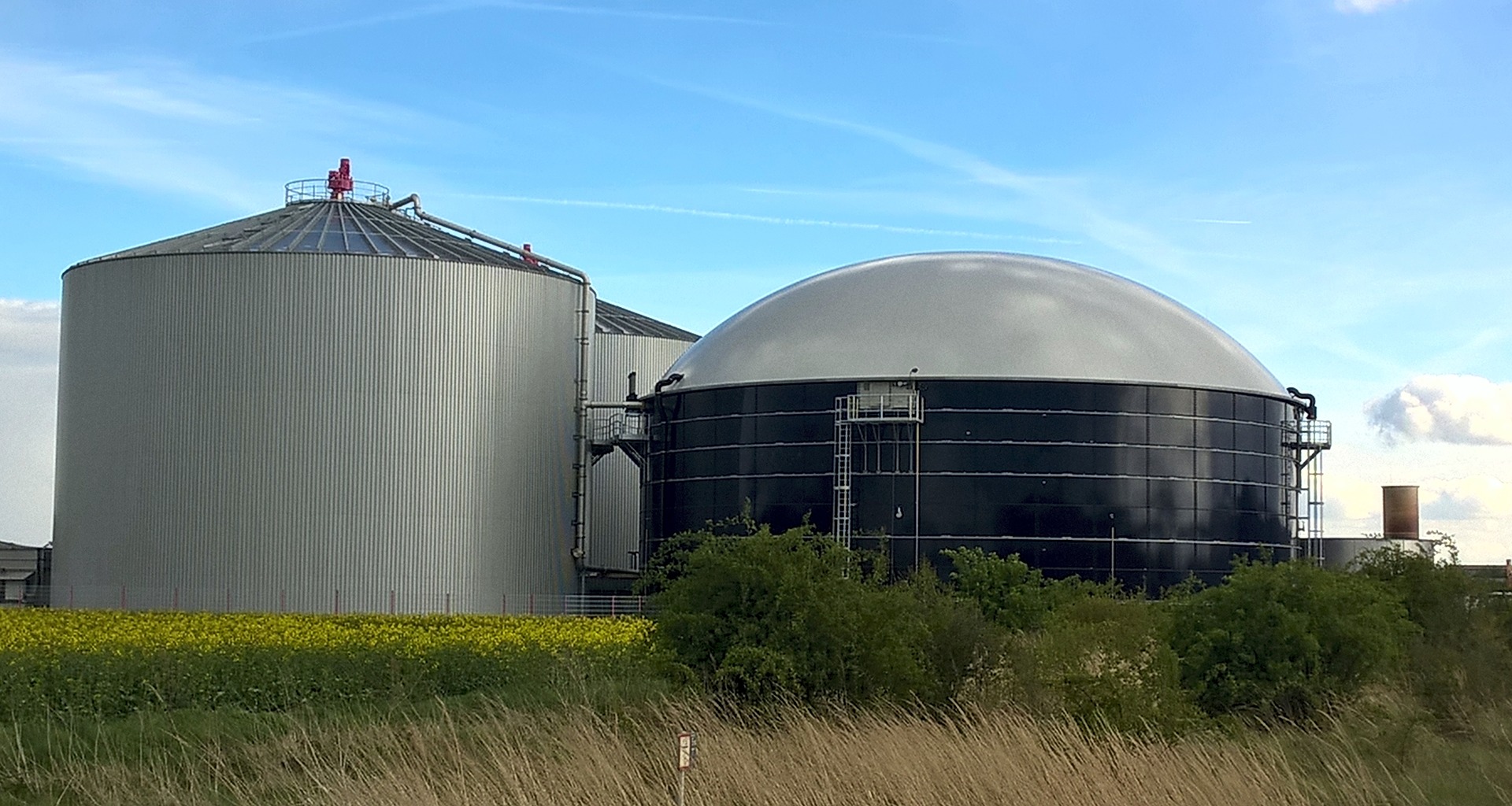
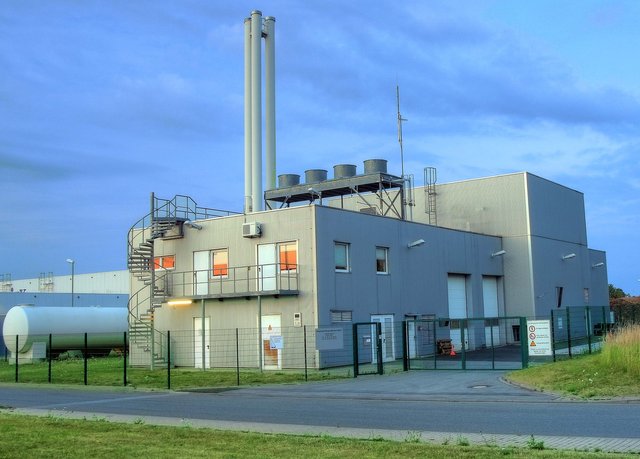
This data is very interesting. Can you pls show me the exact source for this piece of information? Thanks in advance @roy41
Congratulations @roy41! You received a personal award!
Click here to view your Board
Vote for @Steemitboard as a witness and get one more award and increased upvotes!
Congratulations @roy41! You received a personal award!
You can view your badges on your Steem Board and compare to others on the Steem Ranking
Do not miss the last post from @steemitboard:
Vote for @Steemitboard as a witness to get one more award and increased upvotes!